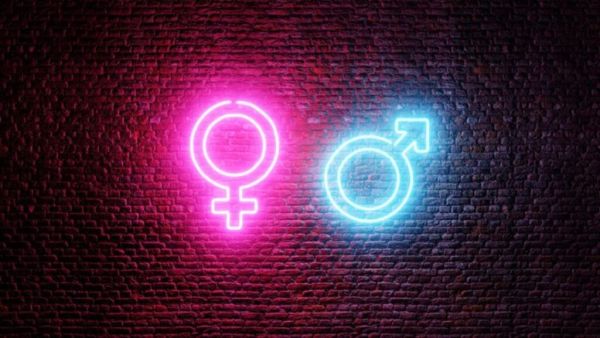
Male vs female immunity: Nowadays a network of major diseases is spreading. Everyone’s immune system becomes weak due to diseases. Recently, researchers at the University of York have revealed a new research. Where there is different immune system in men and women, it has been explained. Actually, a unique gene is found in the body of both which makes the immune system different. Let us know the matter of research like Akhir.
It is being told that scientists have discovered unique genes. These genes usually work to make protein in our body. Malat1 is different in this. This makes RNA and this RNA affects women’s immunity differently with men. Professor Dimitris Lagos, who discovered this, states that, the immune system now works only at the level of “One-Size-Fits-Hall”. According to each gender here, treatment should be different. Doctors here understand how women’s immune system works with the help of genes, then they can treat different treatment for women and men.
The research team here believed that the team of researchers wanted to repeat this study on human cells. Their purpose is. It should be understood how closely Malat1 gene controls immunity. A small gene shows why men and women react differently to the same disease. This will work in the treatment of many patients.
It is being told that the immunity system is different in men and women, while many things happen in it.